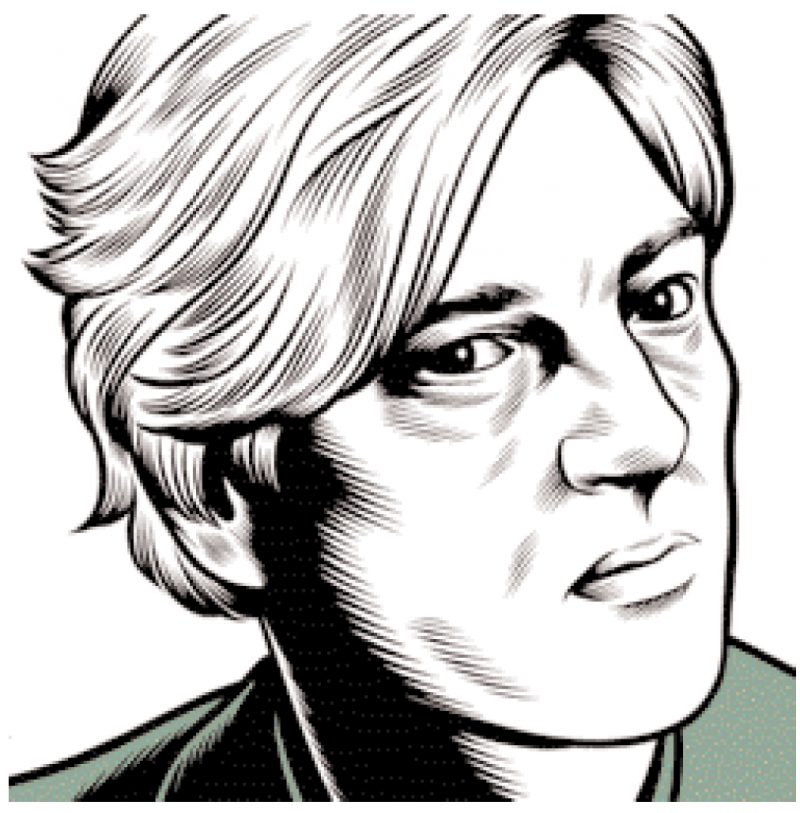“The meaning of the universe is an apple,” Robyn Hitchcock profoundly pronounces. “Of course,” he adds, “that’s only this universe.” This tidbit of gonzo philosophy is typical of the spur-of-the-moment witticism that informs Hitchcock’s music as well as his conversation. As a performer, he’s as much a wandering bard as a rock star, a musician who cites novelist William S. Burroughs among his primary influences. Hitchcock’s first band, the Soft Boys, never fully fell into step with the ’70s punk era in which it was born, but the band’s distinctive sound heavily influenced such ’80s postpunk notables as the Replacements and R.E.M. Decades on, Robyn’s eccentric lyrics and minstrel style still seem like Bob Dylan by way of Doctor Who.
With his tales of hovering glass cathedrals, Neanderthal ghosts, and attacking marshmallows, the spoken-word introductions that Hitchcock inserts before his songs are often as entertaining as the songs themselves. The stories he concocts aren’t really designed to make sense—“that’s not what the song’s about, but that’s the thing to visualize while listening to it” he once remarked—but are generated as a sort of lo-fi visual aid to the music. It’s this glimpse into the fascinating psyche from which the stories arise that is part of the appeal of Robyn’s self-styled “retro-delic” performances.
His latest album, 2004’s Spooked, (on which he is joined by folk musicians Gillian Welch and David Rawlings), finds him advocating tree living—“I’ll bring you fat juicy worms / I’ll bring you millipedes”—and crooning love songs to a television—“My kid will look like you I swear.” At turns both poignant and hysterical, it’s quintessential Hitchcock, the latest offering in a long career of one of Britain’s most engaging musicians. I phoned Robyn one evening in his flat in London, to learn what currently turns on the man with the lightbulb head.
—Lou Anders
I. “I HAVE QUITE A POWERFUL LIBIDO, AN APPETITE. I’M QUITE A LIVELY ANIMAL.”
THE BELIEVER: Why are you spooked?
ROBYN HITCHCOCK: Why am I spooked? Well, I don’t know. I’ve been spooked pretty much my entire existence. Apparently my father had nightmares before I was born, when I was small. I mean, I don’t think it’s just ’cause I was on the way, although I’m sure that helped unsettle his psyche still further. He did a lot of very vivid paintings when I was small. I think there were just bad dreams in the house. He’d been hit in World War II, his knee was smashed, so he had a straight leg and he couldn’t bend it, so I think the world of bad dreams got up and running really fairly fast as far as Robyn Hitchcock was concerned. I mean, everybody...
You have reached your article limit
Sign up for a digital subscription and continue reading all new issues, plus our entire archives, for just $1.50/month.
Already a subscriber? Sign in





